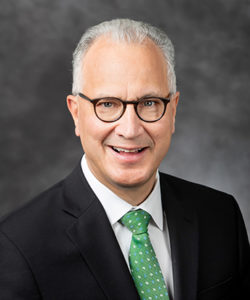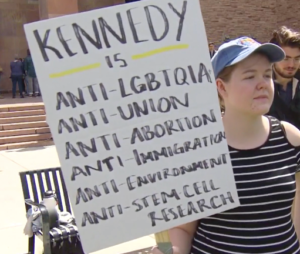
DEMOCRATS
REPUBLICANS
95%
5%

(D) J. Hickenlooper*
(R) Somebody
80%
20%


(D) M. Dougherty
(D) Jena Griswold
60%↑
40%↑


(D) Brianna Titone
(R) Kevin Grantham
(D) Jerry DiTullio
60%↑
30%
20%↓

(D) Diana DeGette*
(R) Somebody
90%
2%

(D) Joe Neguse*
(R) Somebody
90%
2%

(R) Jeff Hurd*
(D) Somebody
80%
40%

(R) Lauren Boebert*
(D) Somebody
90%
10%

(R) Jeff Crank*
(D) Somebody
80%
20%

(D) Jason Crow*
(R) Somebody
90%
10%

(D) B. Pettersen*
(R) Somebody
90%
10%

(R) Gabe Evans*
(D) Manny Rutinel
(D) Yadira Caraveo
45%↓
40%↑
30%

DEMOCRATS
REPUBLICANS
80%
20%

DEMOCRATS
REPUBLICANS
95%
5%

(D) J. Hickenlooper*
(R) Somebody
80%
20%


(D) M. Dougherty
(D) Jena Griswold
60%↑
40%↑


(D) Brianna Titone
(R) Kevin Grantham
(D) Jerry DiTullio
60%↑
30%
20%↓

(D) Diana DeGette*
(R) Somebody
90%
2%

(D) Joe Neguse*
(R) Somebody
90%
2%

(R) Jeff Hurd*
(D) Somebody
80%
40%

(R) Lauren Boebert*
(D) Somebody
90%
10%

(R) Jeff Crank*
(D) Somebody
80%
20%

(D) Jason Crow*
(R) Somebody
90%
10%

(D) B. Pettersen*
(R) Somebody
90%
10%

(R) Gabe Evans*
(D) Manny Rutinel
(D) Yadira Caraveo
45%↓
40%↑
30%

DEMOCRATS
REPUBLICANS
80%
20%

DEMOCRATS
REPUBLICANS
95%
5%
 April 18, 2019 01:18 PM UTC
April 18, 2019 01:18 PM UTC 3 Comments
3 Comments
 While it’s true that diversity among student bodies is beneficial to everyone, affirmative action is most certainly and foremost meant to benefit the minority groups who have been historically underrepresented in higher education. To inartfully dance around this central fact, especially after trying to avoid the question entirely, is problematic to say the least–you might call it the college admissions equivalent of
While it’s true that diversity among student bodies is beneficial to everyone, affirmative action is most certainly and foremost meant to benefit the minority groups who have been historically underrepresented in higher education. To inartfully dance around this central fact, especially after trying to avoid the question entirely, is problematic to say the least–you might call it the college admissions equivalent of
"Can I just not answer that question?" Sure. Go ahead. It's just what we're looking for in a University president. Congrats, Board of Regents, you really outdid yourselves here.
So CU will become Trump University, converting Colorado's richest, most privileged kids into little GOPers. Neat.
Learning about the specific vote on whether to hire this candidate or not ought to be interesting. The Regents have 5 Republicans, 4 Democrats — I'm sorta hoping it won't be a directly partisan decision.
The larger question in my mind is whether any President is going to be able to work with the legislature and governor to provide additional resources for the Colorado University system and other higher education institutions. CPR did a story in May of 2018:
For the CU Boulder Campus in 2018-19, current budget income proportions are about Student tuition 47%, Govt. Grants/Contracts 20%, Private Grants/Contracts 10%, Auxillary Operating 14%, Indirect Cost reimbursement 5%, Direct State payment, 4.5%. In short, CU-Boulder is running on past investment and less than 5% of its operating budget coming from the state.